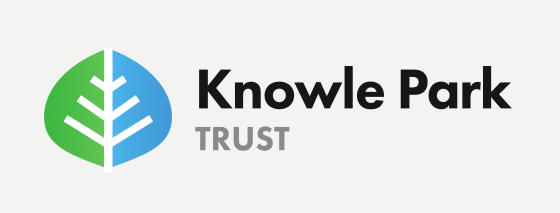
 Action for insects session with Surrey Wildlife Trust
Action for insects session with Surrey Wildlife Trust 

One of our Knowle Park Trust volunteers attended a Q&A session hosted by Louis from Space for Nature, about how to help insect pollination and make room for invertebrates.
The statistics he shared about the loss of insect life in the UK are scary. England has seen a 67% reduction in insect populations between 2004 and 2022, and 97% of UK wildflower meadows have disappeared. This results in a massive loss of invertebrates, with a 12% local extinction rate of Surrey invertebrates.
The key threats to pollinators are climate change, pesticides, intensification of agriculture, artificial light pollution, and the loss of habitat through fragmentation.
To support the most important types of pollinators, we need to focus on hover flies, solitary bees, and bumblebees, which account for nearly 2/3 of the most efficient pollinators. Most butterflies, beetles, and wasps probably account for the other one-third of pollination success.
The starting point to help the invertebrates is to audit what we already have and provide a suitable habitat and food. The key is to increase the floral enrichment and use UK native perennial species in any flower meadow areas. It is also important to create a mosaic of habitats to support all stages of the invertebrate life-cycle.
The aim should be to create a diversity of species and a constant food supply for the invertebrates. The key message is on the use of UK native natural flowers and grasses with a rotation system for mowing.
When sowing wildflower seeds, it is important to ensure that you use a local supplier using UK native and UK sourced seed mixes.
We’ll continue working with Surrey Wildlife Trust on the development of suitable habitat for invertebrates at Knowle Park. Let’s take action for the insects! 


